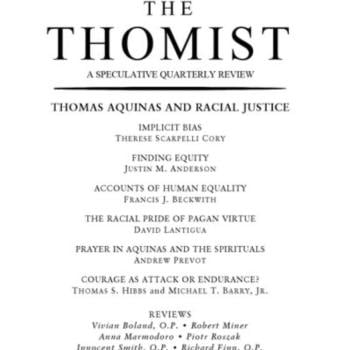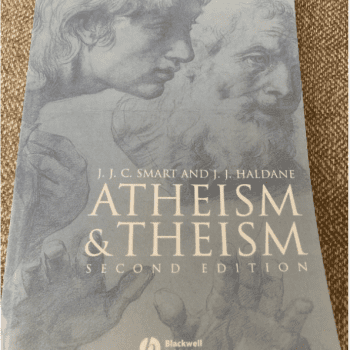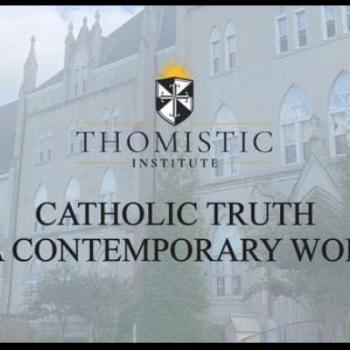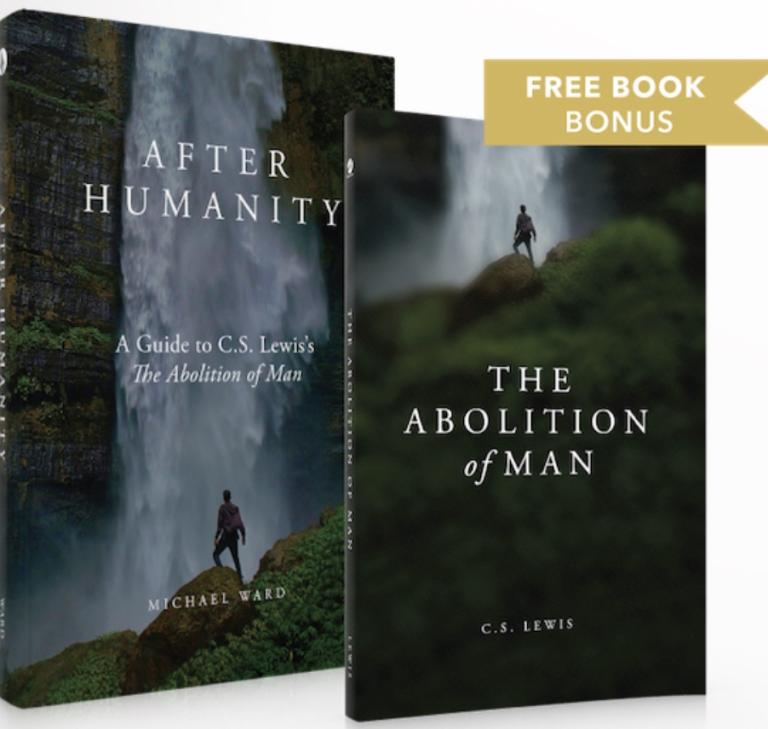From an article entitled, ” Scientists push new paradigm of animal consciousness, saying even insects may be sentient:”
Nearly 40 researchers signed “The New York Declaration on Animal Consciousness,” which was first presented at a conference at New York University on Friday morning. It marks a pivotal moment, as a flood of research on animal cognition collides with debates over how various species ought to be treated.
The declaration says there is “strong scientific support” that birds and mammals have conscious experience, and a “realistic possibility” of consciousness for all vertebrates — including reptiles, amphibians and fish. That possibility extends to many creatures without backbones, it adds, such as insects, decapod crustaceans (including crabs and lobsters) and cephalopod mollusks, like squid, octopus and cuttlefish.
“When there is a realistic possibility of conscious experience in an animal, it is irresponsible to ignore that possibility in decisions affecting that animal,” the declaration says. “We should consider welfare risks and use the evidence to inform our responses to these risks.”
The article goes on to say:
There is not a standard definition for animal sentience or consciousness, but generally the terms denote an ability to have subjective experiences: to sense and map the outside world, to have capacity for feelings like joy or pain. In some cases, it can mean that animals possess a level of self-awareness.
In that sense, the new declaration bucks years of historical science orthodoxy. In the 17th century, the French philosopher René Descartes argued that animals were merely “material automata” — lacking souls or consciousness.
Descartes believed that animals “can’t feel or can’t suffer,” said Rajesh Reddy, an assistant professor and director of the animal law program at Lewis & Clark College. “To feel compassion for them, or empathy for them, was somewhat silly or anthropomorphizing.”
I carry no brief either for or against the mentioned declaration or the veracity of the research to which it appeals. My mind remains open on these matters. However, it is a bit strange for such researchers to ignore pre-Cartesian understandings of nature and animals held by the ancients and the medievals, since those views are often today employed by some sophisticated religious academics (and their non-religious allies) as a foil against Cartesian views of the natural world. Take, for example, a recent article in the Proceedings of the American Catholic Philosophical Association (2023), “Aquinas on Animal Cognitive Action in Light of the Texts of Aristotle.” Here’s the abstract:
Aquinas famously held that only intellectual beings can grasp the natures or essences of things and cognize universals per se. Below these intellectual beings, however, were the non-human animals who shared many of the interior sense faculties in common with man; such animals’ highest sense was merely what is called the estimative power. Aquinas’s account of animal cognition has largely been ignored in contemporary biological research, although hopes for a resurgence have been emerging in the Thomistic world. In this paper I seek to explicate Aquinas’s account of animal cognitive activities, particularly by explicating a more detailed account of animal cognitive action as found in the biological works of Aristotle known by Aquinas. I then turn to various contemporary biological findings to show that many purported modern discoveries (like dolphins rescuing a man or recognition of social hierarchies) shouldn’t be so surprising after all. Many such cognitive acts were already there in the texts of Aristotle read by Aquinas.
So, what these scientists see as a “new paradigm” is really not so new after all. This brings to mind that quip by the astronomer Robert Jastrow, “For the scientist who has lived by his faith in the power of reason, the story ends like a bad dream. He has scaled the mountains of ignorance, he is about to conquer the highest peak; as he pulls himself over the final rock, he is greeted by a band of theologians who have been sitting there for centuries.”













